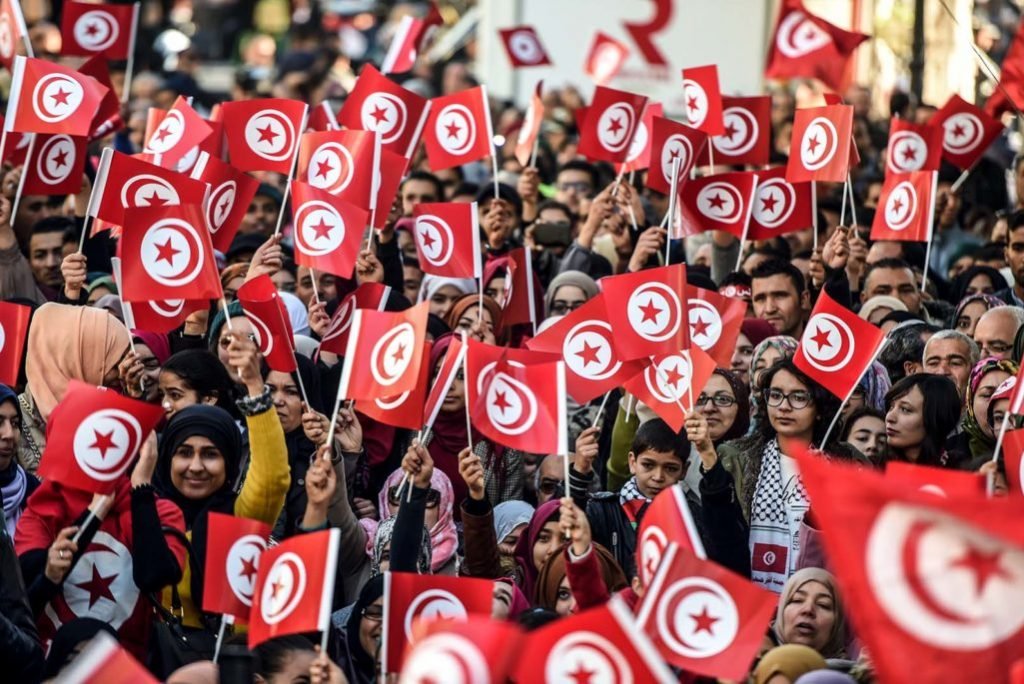In an article published in Al-Monitor website “what fate awaits Tunisians returning jihadists ?”, Author Amberin Zaman revealed that Aaron Zelin the Richard Borow fellow at the Washington Institute for Near East policy will publish his forthcoming book on Tunisian Jihadists titled (your sons at your service: Tunisia’s missionaries of jihad(, the delicate subject is holding the attention of many western researches and security Centres, who focus as Richard Borow, on the reasons that lead hundreds of Tunisians to be attracted to radicalism as well as on the dealing of Tunisian governments to rehabilitate or to integrate these fighters in society…
Few days ago, Mokhtar Ben Naceur President of Tunisian Centre for Global Security Studies revealed that one thousand Tunisian fighters returned to Tunisia from 2011 up to October 2018.
In fact such figure is disturbing and confusing and such studies on Tunisian fighters should be followed by all stakeholders and various civil society components in order to further understand this dangerous scourge and all roots of violence and extremism.
At the first glance, Tunisia appears to be enduring the burden of its economic crisis and the disputes between politicians as well as the many goals that remain unfulfilled. Nonetheless, Tunisian security forces strive to counter radical groups, with effective security measures in preventing major terrorist attacks. Despite these efforts, the situation remains vulnerable, due to this lasting economic crisis which is deepening negatively touching mainly the marginalized border regions that suffer the rising the unemployment rate.
After the issue of the koranic school in the city of Agareb in the province of Sidi Bouzid, political debates appear once again in the media landscape that focus on the topic of radicalism mixed with political fray, led by various political spectrum, especially between Islamic and cleric parties, without focusing on the main problem: how to help to eradicate terrorism without the cost of bloodshed.
Unfortunately, some politicians and activists are endeavoring to deepen the current crisis in defending some cases of extremism and do not seek to help the state in its efforts against radicalism so as to avoid political wrangling, which disrupt the achievement of peace and security for all Tunisians.
Besides, what worries us so much amid these hard differences, that threats of radicalism remain extremely dangerous in these delicate circumstances and in a crucial time, since some European and American officials warned against the existence of many foreign fighters belonging to ISIS and AL-Qaeda who are seeking refuge in Libya, not far from Tunisia. This situation require more unification and vigilance as far as Tunisians are concerned, the ultimate aim being to exerted more effort strengthen our capacity to counter this cursed phenomenon and overcome our differences to avoid sudden tragedies.
TunisianMonitorOnline (Ben Rhouma Chedly)




